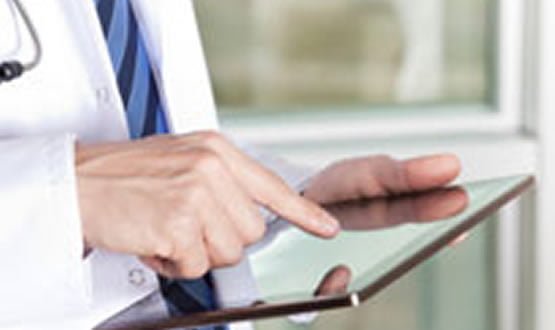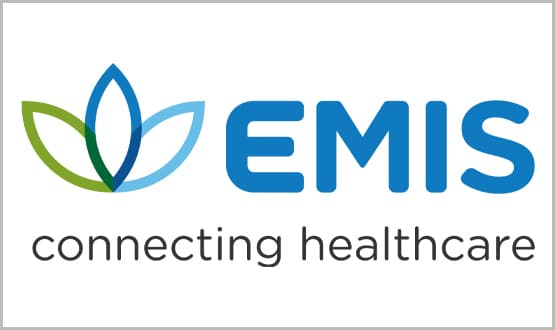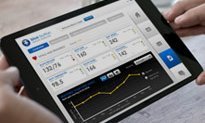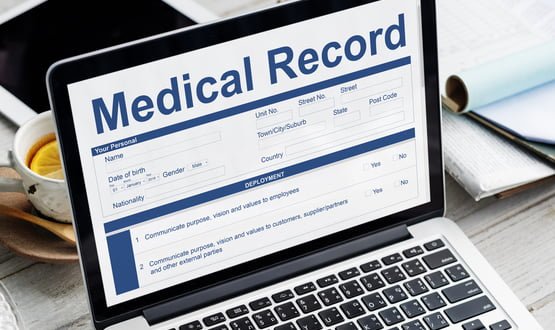Personal iPads to access Emis records
- 7 August 2013

Clinicians are using their personal iPads to access patient records on Emis Web in a pilot scheme run by Informatics Merseyside.
The project gives doctors and community matrons at local providers remote access to the system without storing clinical information on the device.
Steve Parker, technical innovation lead at Informatics Merseyside, told EHI that the bring-your-own-device part of the project came about almost accidentally.
“Originally we were going to provide them with iPads, but it became apparent that most of them already had their own iPads so they could use them and we put our secure software on there,” he said.
The Ericom software, called AccessNow, means that clinicians can access the web based system securely, as long as they are connected to the internet through wi-fi or 3G.
“The users log into a server in their organisation and it’s like logging on just as they would normally. It gives them full access; they can do what they would normally do back at base on the device,” said Parker
Twenty-five local GPs and five community matrons have been part of the trial.
Parker explained that Informatics Merseyside has provided all the costs and the business case, so it is up to the local NHS organisations to decide if they want to take it forward.
The software also means that if the device is lost or stolen, no data is stored on the iPad and it can be remotely wiped straight away.
The health informatics service is exploring the possibility of using the software to access other clinical systems.
“We’ve concentrated on Emis Web, but we are looking at using it with other systems as well in the future,” said Parker.
“In terms of projects I’ve been involved with, this is one of the best feedbacks we’ve had. These clinicians have actually got access to the records at the point of care.”
Informatics Merseyside also runs a pilot at Liverpool Community Health NHS Trust which gives clinicians access to Emis Web on smartphones and tablets via a mobile app.
The app means the data is stored on the device and clinicians can use it when there is no internet connection available.
“It’s being trialled at the moment, but looks promising,” said Parker.




